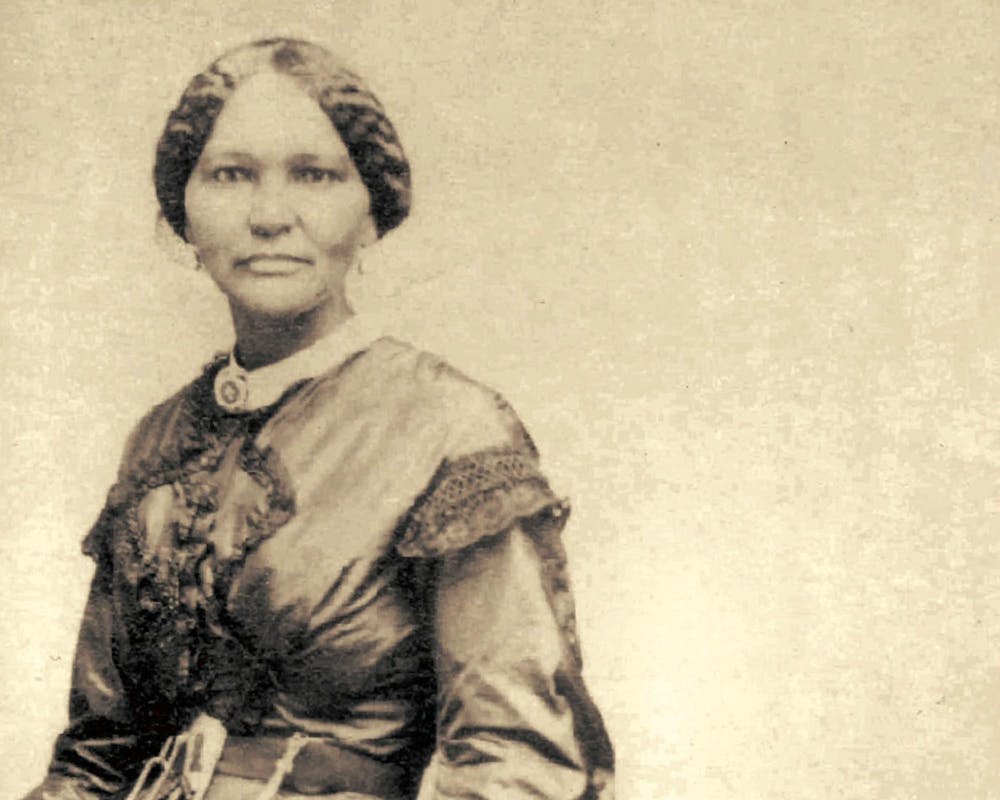Long-time academic researcher and consultant Sheila Smith McKoy first read the 1868 memoir of Hillsborough resident Elizabeth Keckley when she was an undergraduate English student at N.C. State University.
The memoir, "Behind the Scenes, or, Thirty Years a Slave, and Four Years in the White House" details Keckley's life as an enslaved woman in the Burwell family households in Hillsborough and Virginia, her fight for freedom and eventual success as a seamstress and dressmaker to Mary Todd Lincoln.
In 1855, Keckley bought freedom for herself and her son and continued to work as a seamstress into the spring of 1860, when she began to work in the White House.
Since her first reading, Smith McKoy served as the editor of two texts on the historic — yet rarely discussed — first paid Black employee in the White House and other prominent women of the late-19th century.
“Her story, like many stories, enriches our limited understanding of history because it hasn’t been the primary way in which people have been educated,” Smith McKoy said.
She will discuss Keckley’s story at Mt. Bright Missionary Baptist Church in Hillsborough on Feb. 24 as the second event of a two-part lecture series focusing on the narratives of enslaved people at the Burwell School, a historical property that once belonged to the Burwell family, who enslaved Keckley and many others.
Also a part of the series is retired UNC professor William L. Andrews, who spoke on Keckley’s story on Jan. 13. Andrews said he discovered Keckley when he began researching the history of African American autobiographies, something he has studied for over 40 years.
Andrews said that Keckley's story represents the idea of freedom, and that people should have access to the same opportunities, regardless of the color of their skin.
“That’s the ideal of America,” Andrews said. “But at the same time, you see in the slave narratives how much slavery could pervert the people who practiced it and turn them into the most despicable human beings you can imagine.”



